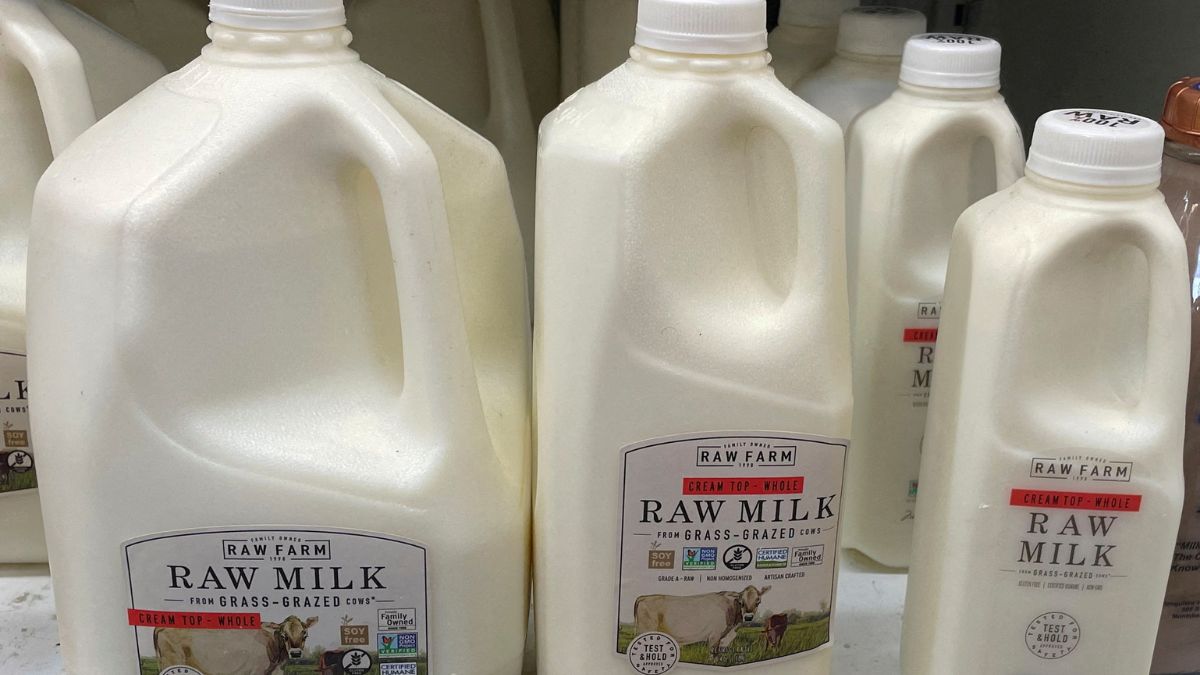Microsoft has aggressively pushed its AI assistant Copilot by integrating it into popular products like Microsoft Office and Microsoft Advertising. Now, the software giant is expanding Copilot’s reach by rolling it out to more compatible Windows 10 and Windows 11 devices.
“Starting today, Copilot in Windows (in preview)* begins to roll out to more Windows 11 and Windows 10 devices. In addition, starting this week, you can access up to 10 Copilot requests before signing in with a Microsoft account or Microsoft Entra ID,” the company announced in a post on its official website.
The recently announced Copilot expansion extends beyond new devices. The Redmond-based company also relaxed sign-in requirements, allowing you to try Copilot with up to 10 requests before needing an account. Unsurprisingly, this move follows Microsoft’s recent expression of confidence in Copilot’s long-term revenue potential.
The gradual rollout aligns with Microsoft’s plan to ensure users have a controlled introduction to Copilot. Copilot will be enabled by default in the upcoming Windows 11 23H2 update but will remain disabled on the current version (22H2).
Microsoft’s Copilot rollout for Windows 11 began on March 21, 2024. Unmanaged Windows 10 devices can expect Copilot by the end of March, with the rollout continuing for both operating systems until May. Once your device receives Microsoft’s AI assistant, a new Copilot (preview) entry will appear under the Taskbar settings.
Despite catching flak for placing Copilot on the Windows 11 taskbar, Microsoft is betting big on the future of its AI-powered assistant. The company envisions users relying heavily on the tool for everything from simple tasks to complex workflows within the Microsoft ecosystem.
Copilot’s frequent-appearing ads spark discussion online
Copilot’s success in achieving widespread use might hinge on its ability to deliver swift and accurate responses consistently. However, it faces other hurdles. Online discussions are already swirling about the frequency of Copilot’s advertisements.
Microsoft Copilot’s latest ad campaign has sparked discussion on Elon Musk’s social media platform, X, but not for the reasons they might hope. Windows users criticise the ads for their frequent appearance and for promoting iPhone features, which are irrelevant to Copilot’s functionality.
Some frustrated users say these ads are repetitive and need more production value. The comments section highlights the use of a generic phone template and a monotone voiceover delivery, which lacks natural pauses.
Alright this has been driving me nuts
Has anyone else been getting these ridiculously low budget Microsoft Copilot ads everywhere?
My nightmares are just its opening line of “Own an iPhone” playing over and over again
It’s such a lazy ad, low quality fake iPhone template +… pic.twitter.com/dxpwYC6MWg
— Andrew Demetriou (@andrew17876) March 24, 2024
“That sounds like an accessibility Audio Description soundtrack. I wonder if they made a mistake uploading the wrong audio track?” one X user wrote in the comments section of the X post shared by Andrew Demetriou. “3d fidget spinner a*s advertisement,” another user expressed.
One user playfully suggests that Microsoft might have used Copilot, its own AI tool, to create the marketing campaign. The post by Demetriou became the source of the online buzz. The post features a short clip of Copilot ads and questions Microsoft’s decision to spend money on what appear to be “ridiculously low-budget” commercials.
While this simple demo was designed to showcase Copilot’s capabilities, its execution has been labelled as amateurish and lazy. The frequent appearance of the ads, particularly as pre-roll content on YouTube Shorts, is a significant source of user frustration.
While details about the ad campaign’s reach are still scarce, online discussions center on the ad’s low-budget execution and irrelevant message and raise doubts about its effectiveness in promoting Copilot.




)


